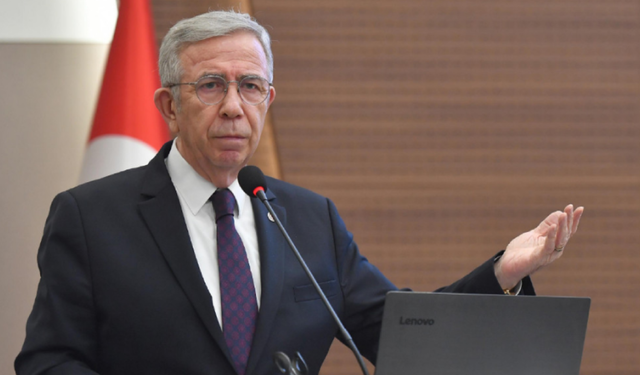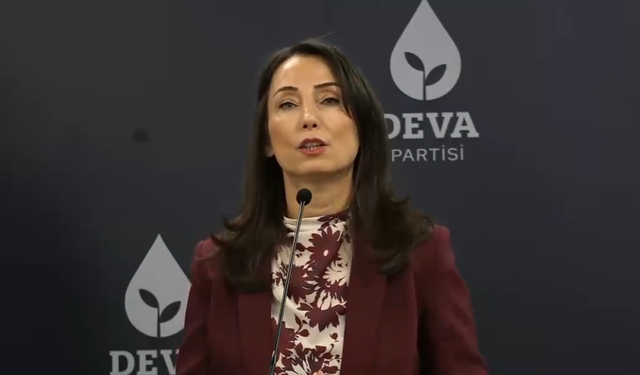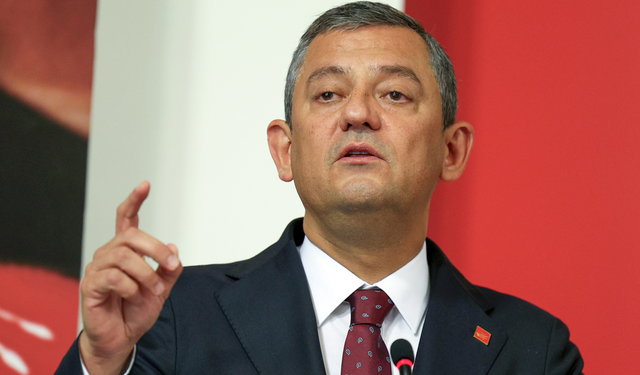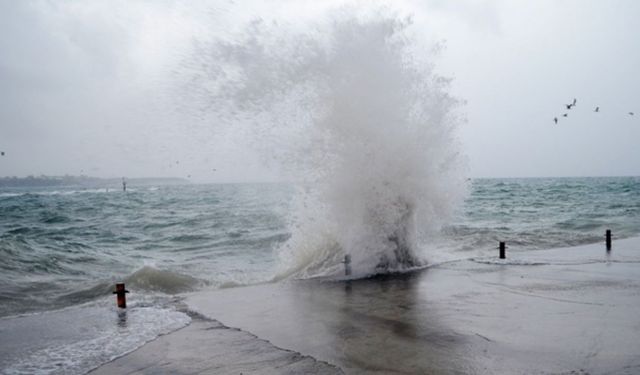It is pretty hard to make a proper prediction about the approaching power struggle that will find a significant place in international relations as a political impact of the pandemic (Covid-19). Nonetheless, how the Coronavirus affects the great-power competition has risen as one of the outstanding questions in the discussions made on the political pillar of the pandemic’s potential impacts. Particularly, the eyes are on the current relations between the United States and China playing their political games on the world leadership position. Substantial signals are coming that their tension is likely to increase in the forthcoming months. Well, should we expect a new Cold War between these rivals?
The rivalry between the U.S. and China, so far, has been thought to be less dangerous than the US-USSR competition during the Cold War on the basis of the thesis that the two countries developed too heavy economic dependency relations that prevented igniting a war. However, experts warn that as the American companies shift their supply chains from China to more "friendly countries" in Asia, this separation process, which has already been operating under-handed, may accelerate after the pandemic. Plus, relations may worsen as each country's competition to sell the 5G network worldwide intensifies since China’s 'One Belt and One Road’ initiative is not only about land and sea routes in Eurasia, but also about the high-tech corridor. In the age of global crises, therefore, we may witness a multi-dimensional great power competition, completely different from the simple struggle over ideology in the Cold War era.
WINNER OF PROPAGANDA WAR
First of all, that should not be disregarded that the geopolitical reflection of the Coronavirus outbreak can be easily seen in the struggle between the U.S. and China as an apparent propaganda. After the outbreak was taken under control(!) in China, one of the most visible moves in the geopolitical reflections came from the President of the U.S. Donald Trump calling the virus as ‘Chinese Virus’. Furthermore, China is accused of acting irresponsibly by recognizing slowly the seriousness of the problem, which caught the entire world unprepared. This situation has reinforced the prediction, especially in the U.S., that the virus, in essence, is a biological weapon used for political objectives by China. Chinese Ministry of Foreign Affairs officials, on the other hand, continued to widen the discourses that the roots of the virus has come from the U.S. These attitudes have not yet found a significant response in the international media or academic circles. As a matter of fact, no evidence can be taken very seriously even though there are a number of analyses that take the geopolitical arguments further and claim that the virus has been revealed as human production for these purposes entirely. Putting aside the debates whether such a virus can be a human production to be used as a biological weapon or who exactly revealed it, we should focus on what ought to be done to get rid of it immediately on the global scale.
US AND CHINESE GOVERNMENTS' ATTITUDES
Trump administration prefers silence and tries to fight against the pandemic by itself. However, it is clear that the United States struggling with a can of worms in self-sufficiency has been exposed to harsh criticism for not being able to take the leadership during the Corona-days by bringing valuable recommendations and acting jointly to find a way out. China, on the other hand, is on the way to neutralize the virus by implementing very effective measures strictly and without compromise. By finding the vaccine or medicine and distributing it to the world, it can gain an important moral advantage. This would be a factor to sympathize China that has been targeted by many states and societies for not preventing the spreading of the epidemic around the world. Another point to consider upon geopolitical facts is that China has fictionalized its foreign policy behavior through a global leadership approach after the Coronavirus outbreak. It cannot be claimed that this is a precisely new behavior since China has long renewed its global image in order to have a sphere of influence in global governance, even claiming that it is the true advocate of globalization. Furthermore, the ‘One Belt and One Road’ Project, which has been invested for a long time, is one of the biggest indicators of the steps taken by China for global leadership.
RESPONSIBILITY BRINGS PRESTIGE
It is also a fact that after the onset of the outbreak, China has built its foreign policy behavior on drawing an image of taking responsibility during the crises. To illustrate, in the face of urgent calls of Italy which is one of the most affected countries in Europe, while sufficient medical aid was not sent by the European countries, China sent required aid to Italy as well as some Asian and African countries. It was also known that a million masks had been sent to the United States through Chinese businesspeople before. Within the framework of these developments, it is not misleading to claim that China is working on a new health-based Silk Road project. Among all these global leadership demonstrations, the tensional bilateral relations between the U.S. and China with the ongoing trade wars and other tensions before the virus problem keep escalating and become even more obvious recently. The debate around the current balance of power emerged immediately after the outbreak pointed out merely short-term and temporary reflections of the pandemic. However, it is necessary to make systemic consideration for the potential long-terms impacts of the pandemic. Considering from the long-term perspective, it might be seen that global leadership is formed not only by the steps taken for certain acquisition, but by taking responsibility or pretending to take responsibility in times of crisis. This exactly addresses the prestige of the states in the new term.












